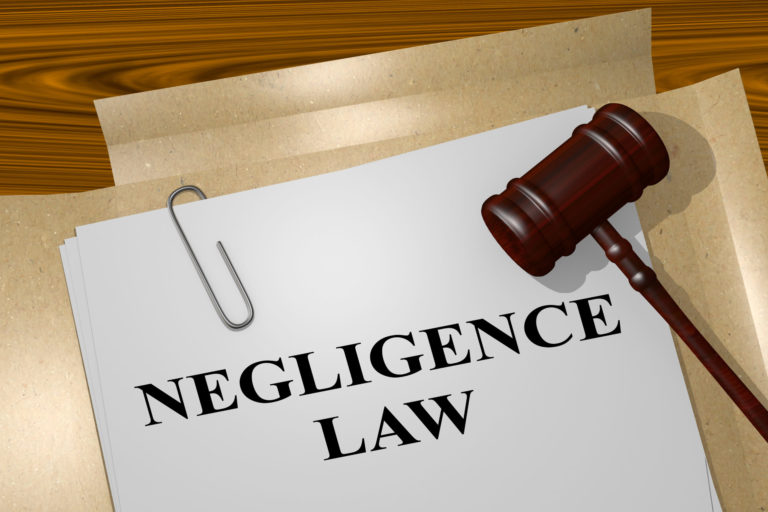
What is Intestacy in Florida?
Having a written Last Will and Testament is an essential part of an estate plan. It reflects all of your wishes upon your death, including who the beneficiaries of your estate are and how they are to inherit from you upon your death. Without one, you can potentially face the risk of your assets being distributed contrary to your intentions under the default laws of the state of Florida.

Can I Collect Attorney’s Fees Under Florida’s Deceptive and Unfair Trade Practices Act?
Unlike other countries, the American rule on attorneys’ fees is that each party must pay the costs of their attorneys. This means, if you’ve hired an expensive attorney to fight for you, you are obligated to pay his costs. Nonetheless, there are two exceptions to the American rule—the contract and statute exceptions. First, if a prior contract that was made between the parties had an attorneys’ fees clause, then the losing party is expected to pay the winning party’s attorneys’ fees. Lastly, a party is permitted to seek the payment of their attorneys’ fees under Florida’s Deceptive and Unfair Trade Practices Act (FDUTPA). A Miami Business Law attorney can advise you if FDUTPA law applies.

I am a victim of an auto warranty scam: What can I do?
On a weekly or even daily basis, you might be receiving physical mail alerting you that your car warranty is about to expire. You may also be receiving calls telling you to renew your car’s warranty. You think it might be a scam, but can you be sure? A Florida Business Law attorney can help.

What is the difference between negligence and gross negligence?
When determining if someone has been negligent, it is important to distinguish between negligence and gross negligence. Certainly, they are similar, but are different in the degree of carelessness. A Florida Business Law attorney can help you spot the difference in your particular case.

What is a “No Contest” Clause and is it Enforceable?
The term “In Terrorem” is a legal Latin term that translates to “in terror”. Today, most lawyers prefer to use the term “no contest”. A “No Contest” clause in a will may be added by the Testator of the will.

Basic Medicaid Eligibility in Florida
In order to be eligible for Medicaid in Florida, the applicant must meet the basic eligibility requirements, the medical requirements, the asset requirements as well as income requirements.

How to Foreclose on Homestead and Non-Homestead Properties?
In Florida, the homestead exemption does not have a property value limit. Having a homestead in Florida conveys numerous tax benefits on their owners. Therefore, many move to Florida from other states in order to receive those tax benefits as well as to protect their homestead property from forced sales.

Do I Need Approval from HOA to Transfer Property into my Trust?
When drafting trusts, many chose to transfer their real estate property into the trust. Transferring property into a trust usually safeguards it from probate after the owner’s passing and sometimes can provide tax benefits.

What to Know if you Want to Invest in U.S. Real Estate as a Foreigner?
The simple answer is yes. Anyone can buy property in the United States. However, foreigners are best suited to buy U.S. property with one-time payment instead of financing it. This is because if a foreigner wants to get a U.S. mortgage or a loan – it is often nearly impossible to get approved due to the lack of U.S. credit history.

Can You Give Away Your Rights to Real Estate Before They Vest?
A right in property vests when an interest in property is transferred to someone and the right begins to belong to that individual. A right vests when it is not subject to a condition precedent.

